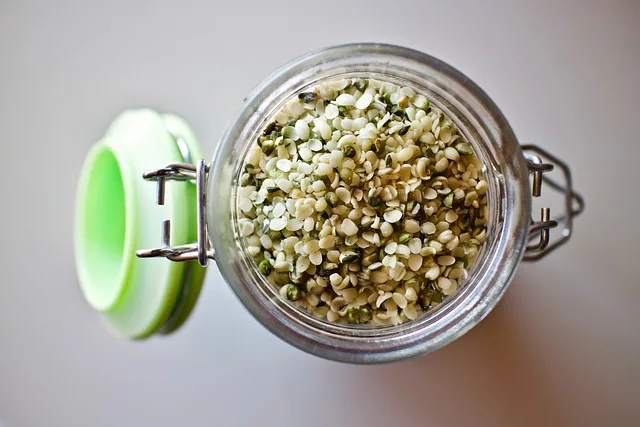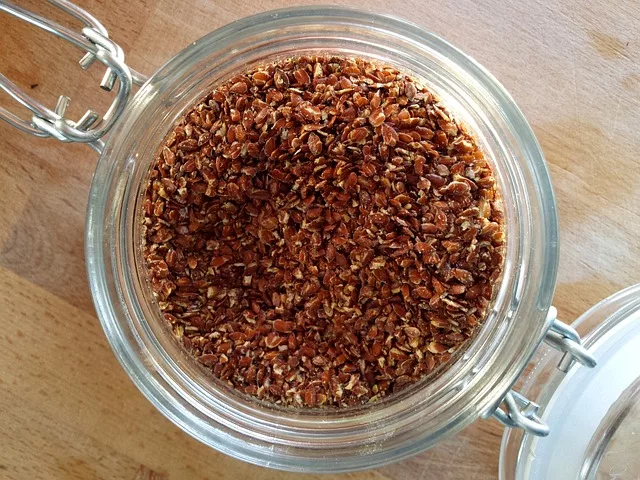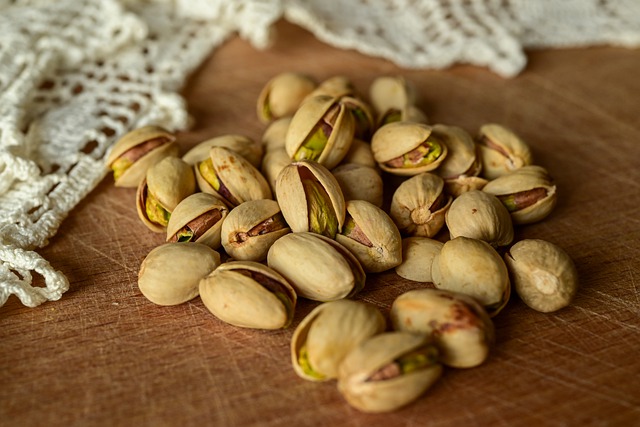Pecans are delicious nuts that are not only enjoyed for their rich flavor but also cherished for their nutritional benefits. In this comprehensive article, we delve into the world of pecans, exploring their origins, nutritional profile, health benefits, ways to incorporate them into your diet, and precautions to keep in mind. Whether you’re looking to enhance your overall well-being or add variety to your culinary repertoire, pecans offer a host of reasons to include them in your diet.
What are Pecans?
Pecans are nuts that belong to the hickory tree family and are native to North America. They are characterized by their distinctive buttery flavor and crunchy texture. Pecans have been cultivated and enjoyed for centuries due to their versatility in both sweet and savory dishes.
Pecans have a rich history deeply rooted in Native American cultures. Native Americans valued pecans for their nutritional content and incorporated them into their diets. The nut gained popularity in Europe in the 16th century when Spanish explorers introduced it to the continent. Today, the United States is the leading producer of pecans.
Nutritional Profile of Pecans
Pecans boast an impressive nutritional profile. They are an excellent source of healthy fats, including monounsaturated fats, which can help promote heart health. Pecans also provide essential minerals such as manganese, copper, and zinc, as well as B vitamins and antioxidants like vitamin E. Additionally, pecans are rich in fiber, supporting digestive health and providing a feeling of fullness.
Health Benefits of Pecans
Incorporating pecans into your diet can offer several health benefits, including:
- Heart Health: The monounsaturated fats and antioxidants present in pecans may help reduce the risk of heart disease by improving cholesterol levels and reducing inflammation.
- Brain Function: Pecans contain nutrients like vitamin E and antioxidants that are associated with improved cognitive function and may help protect against age-related cognitive decline.
- Weight Management: Despite being energy-dense, pecans can be a helpful addition to a weight management plan due to their high fiber and protein content, which promote feelings of fullness and reduce overall calorie intake.
- Blood Sugar Control: Pecans have a low glycemic index and may help regulate blood sugar levels, making them a suitable choice for individuals with diabetes or those aiming to prevent blood sugar spikes.
- Nutrient Density: Pecans provide a wide range of essential nutrients, including minerals, vitamins, and antioxidants, contributing to overall health and well-being.
How to Incorporate Pecans into Your Diet
Adding pecans to your diet is both easy and enjoyable. Here are some ideas for incorporating them into your meals and snacks:
- Snack on Pecans: Enjoy a handful of raw or roasted pecans as a satisfying and nutrient-packed snack.
- Toss Them in Salads: Sprinkle chopped pecans over salads to add a delightful crunch and nutty flavor.
- Bake with Pecans: Add chopped pecans to your favorite baked goods, such as muffins, cookies, or bread, for added texture and flavor.
- Make Pecan Butter: Blend pecans in a food processor until smooth to create a creamy and delicious pecan butter. Spread it on toast or use it as a dip for fruits and vegetables.
- Create Trail Mix: Combine pecans with dried fruits, other nuts, and seeds to create a homemade trail mix that provides a nutritious and energizing snack.
Precautions when Consuming Pecans
While pecans offer numerous health benefits, it’s important to be mindful of a few precautions:
- Nut Allergies: Pecans are tree nuts and may trigger allergic reactions in individuals with nut allergies. If you have a known nut allergy, it is crucial to avoid pecans and other tree nuts.
- Portion Control: Pecans are energy-dense due to their high fat content. While they offer health benefits, it’s important to consume them in moderation to avoid excessive calorie intake.
- Added Ingredients: When purchasing pecans or pecan products, be mindful of added ingredients like sugar or unhealthy oils. Opt for plain, raw, or unsalted varieties whenever possible.
- Oxalate Content: Pecans contain oxalates, which can contribute to kidney stones in susceptible individuals. If you have a history of kidney stones or are at risk, it’s advisable to consult with a healthcare professional before consuming pecans.
Conclusion
Pecans are nutritious and versatile nuts with a rich history and a range of health benefits. Incorporating pecans into your diet can contribute to heart health, brain function, weight management, and overall well-being. Whether enjoyed as a snack, added to salads or baked goods, or used in homemade nut butter or trail mix, pecans offer a delightful and wholesome addition to a balanced diet. However, it’s important to be cautious of allergies, practice portion control, and consider any specific dietary restrictions or medical conditions when incorporating pecans into your eating plan. By savoring the unique flavor and reaping the nutritional benefits of pecans, you can embark on a journey of wellness and culinary enjoyment.
Image by Bernadette Wurzinger from Pixabay
Seeds and Nuts
-

Hemp Seeds Are Essential For Overall Health and Wellness
Hemp seeds, also known as hemp hearts, have gained widespread recognition due to their impressive nutritional composition and adaptability in various culinary creations. Derived from the Cannabis sativa plant, hemp seeds offer a wealth of health benefits and can effortlessly enhance your daily diet. In this article, we will explore the reasons why hemp seeds…
-

How to Unleash the Nutritional Power of Flax Seeds
-

Macadamia Nuts Are A Nutritional Powerhouse and Culinary Delight
-

Top 3 Nut Butters for Your Best Health
-

Pine Nuts – A Nutrient-Packed Delicacy with a Rich History
-

Pistachios: A Nutritional Powerhouse with a Rich History
-

Pecans for Heart and Brain Health but Not Kidneys








Leave a Reply